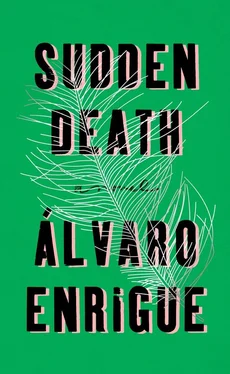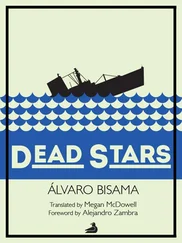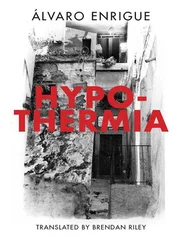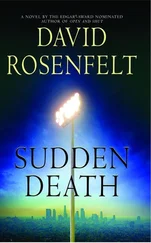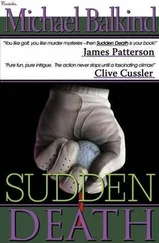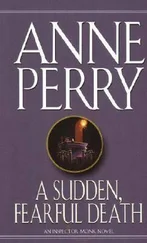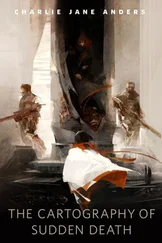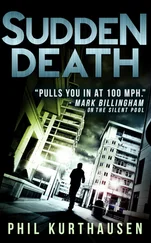It was his dirty-nailed fingers that emerged from the field of ashes left by the blaze of the Counter-Reformation, only instead of opening to the sun like a butterfly of flesh, they snatched up the ball, hiding it away in a pocket.

Vasco de Quiroga, the first bishop of Michoacán, received his invitation to the renewed sessions of the Council of Trent in cassock sleeves. If in 1521 the nose of Hernán Cortés’s horse marked the farthest reach of the Holy Roman Empire, by 1538 the Aztecs were already as lost and mythical a people as the Atlanteans or the Garamantes, and their genetic material lay at the bottom of Lake Texcoco, or had been circulated for the last time through the lungs of those who breathed in the smoke of the huge piles of bodies burned after the fall of Tenochtitlan. We Mexicans aren’t descendants of the Mexicas, but of the nations that joined with Cortés to overthrow them. We’re a country whose name is the product of nostalgia and guilt.
In 1537—the year Bishop Quiroga received an invitation, signed and sealed by Pope Paul III, to the Council of Trent — the Purépecha, historic and never-defeated enemies of the Aztecs, had themselves been decapitated by the Spanish conquistadors. The war was extraordinarily neat, because there was only one contender: the conquistadors. The Purépecha, knowing that there was no way to withstand the attack of all the nations of Mesoamerica, who were unified for the first time under the cannon-fire command of the Europeans, had yielded without firing a single arrow at their new masters, and their emperor had been baptized. In exchange for this surrender, all they asked was to maintain the kingdom’s integrity. Their request was granted — the kingdom of Nueva Galicia, which stretched from the Balsas River to Sinaloa, was nominally independent from New Spain during the sixteenth century — but the emperor and the entirety of the governing and military classes were exterminated in dishonorable and savage fashion by the armies of the traitor Nuño Beltrán de Guzmán, second governor of New Spain and a conquistador of Michoacán. By 1538, the year Vasco de Quiroga received the invitation to Trent, Guzmán was already in jail, serving a sentence — hopefully painful — for murder, theft, and cowardice.
In those days, the leading edge of the Holy Roman Empire was no longer a weapon or a horse but rather the spine of Vasco de Quiroga’s copy of Utopia ; Europe extended as far as he could point with his book. Let’s put a metalworks here, the bishop said to the Indians — who loved him so much they called him Tata, “Grandfather”—and pointed to a field with the spine of his tome. What sprang up — though the Indians didn’t realize it, and Vasco de Quiroga may not have, either — was a new branch of the sheltering tree that the Holy Roman Empire also aspired to be, and sometimes was. Build me a school here; a hospital. The spine of Utopia . Another branch.
As I write, I don’t know what this book is about. It’s not exactly about a tennis match. Nor is it a book about the slow and mysterious integration of America into what we call “the Western world”—an outrageous misapprehension, since from the American perspective, Europe is the East. Maybe it’s just a book about how to write this book; maybe that’s what all books are about. A book with a lot of back-and-forth, like a game of tennis.
It isn’t a book about Caravaggio or Quevedo, though Caravaggio and Quevedo are in the book, as are Cortés and Cuauhtémoc, and Galileo and Pius IV. Gigantic individuals facing off. All fucking, getting drunk, gambling in the void. Novels demolish monuments because all novels, even the most chaste, are a tiny bit pornographic.
Nor is it a book about the birth of tennis as a popular sport, though it definitely has its roots in extensive research that I conducted on the subject with a grant at the New York Public Library. I embarked on the research after mulling over the discovery of a fascinating bit of information: The first truly modern painter in history was also a great tennis player and a murderer. Our brother.
Nor is it a book about the Counter-Reformation, but it takes place in a time that now goes by that name, which is why it’s a book that features twisted and bloodthirsty priests, sex-addict priests who fucked children for sport, thieving priests who obscenely swelled their coffers with the tithing and alms of the poor all over the world. Priests who were swine.
Vasco de Quiroga was a good priest. A man of the world who became a man of God when his circumstances demanded it; not exactly the God in whose name everyone stole and murdered in Rome, Spain, and America, but a better one, who unfortunately doesn’t exist either.
Carlo Borromeo annihilated the Renaissance by turning torture into the only way to practice Christianity. He was declared a saint the instant he died. Vasco de Quiroga saved a whole world single-handedly and died in 1565, and the process of his canonization has yet to begin. I don’t know what this book is about. I know that as I wrote it I was angry because the bad guys always win. Maybe all books are written simply because in every game the bad guys have the advantage and that is too much to bear.

The Spaniards gathered their winnings for the second time, and the Romans whistled for the artist to return to the match. Crush him and get it over with, said Saint Matthew; we’re thirsty.
Upon the merging of the two tables at the Tavern of the Bear the night before, the poet had tried to make conversation with the man with the venerable beard, who seemed clearly to be of his own social class. The poet had no success, in part because this conversation partner was clearly the timid sort, and in part because the dominance of the capotavola over the group was absolute and permitted no diversions: he decided who would be mocked and he decreed who would get the drinks. He wasn’t a petty tyrant, just the man who was paying. Under other circumstances, none of the recent arrivals would have been comfortable with this system, but by now the alcohol had done its work and it had been a while since they had crossed the threshold beyond which everything seems bearable so long as the possibility remains of downing another drink.
The poet shouted Tenez! He tossed the ball into the air and put all his newly recovered self-esteem into the serve. The artist returned to the game lacking the lethal focus of the previous set, but with enough energy to maintain a tight back-and-forth on the court, obliging the Spaniard to run time and again after the ball. The perfection of the exchange was broken by the Lombard, who at some point felt that he had a better read of the shifting forces on the court and risked a merciless drive aimed at the dedans. He missed, leaving the Spaniard to wait for the rebound. The Italian had all the time in the world to rush back, bide his time, and knock the ball just inside the cord. Amore — quindici, cried the mathematician, even before the Spaniard wore himself out trying to reach it.
Not only did the young man dressed as a professor — for reasons unknown at that late hour and in a tavern — not talk, but the poet soon noticed that he didn’t touch his cup, full to the brim since they’d all sat down at the table. Though he had an absent and taciturn look about him, every once in a while he would exchange glances with the capotavola that seemed to pass judgment on something just said. At this point the poet had opted to tackle the more complicated task of making conversation with the capo himself. It wasn’t easy, since he was already engaged in preaching vulgarities to his acolytes.
Читать дальше
